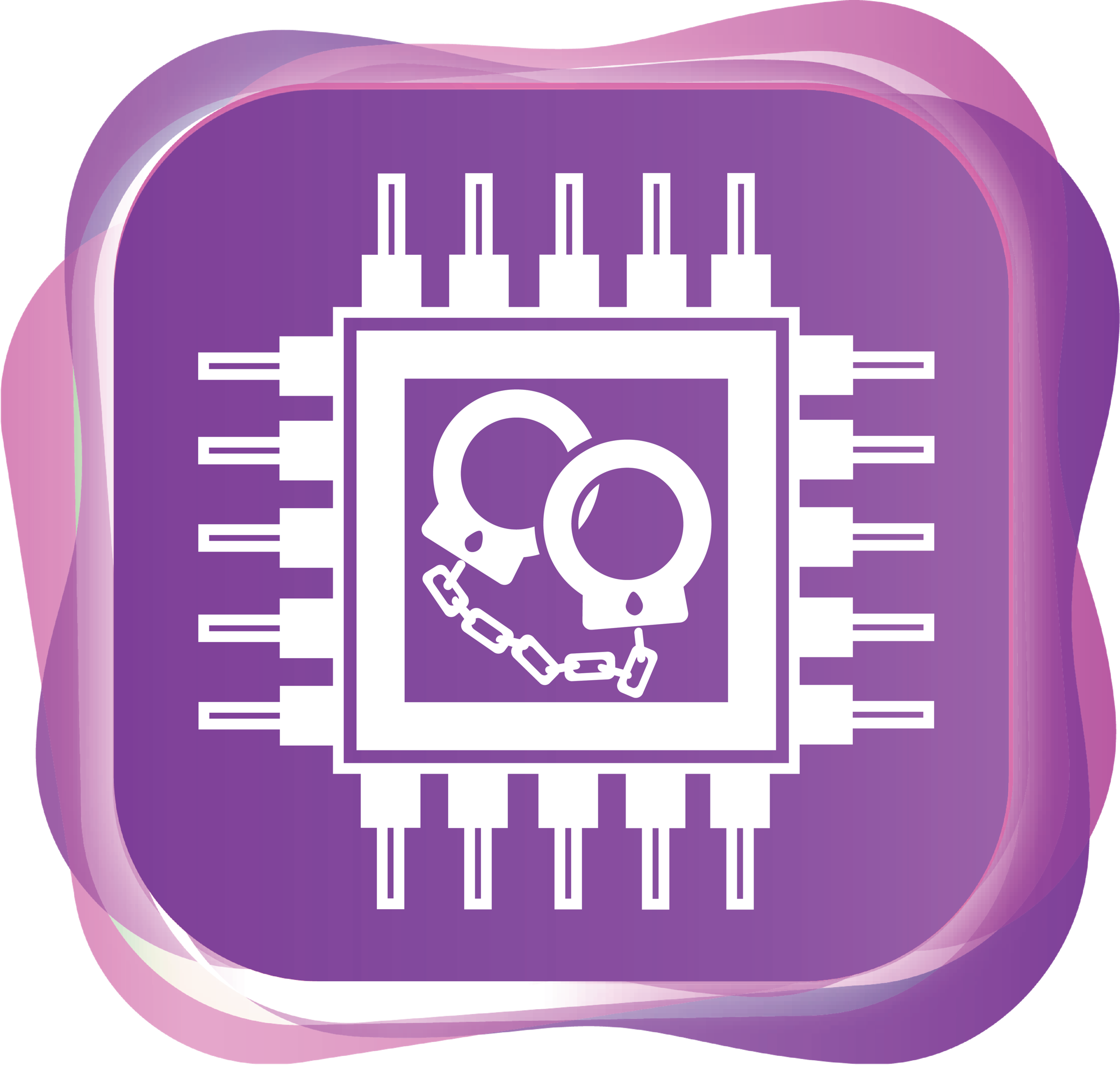 |
CCAI9023 Artificial Intelligence
|
Course Description
This course examines how technology – in particular Artificial Intelligence – reshapes crime, harm, and social control in contemporary society. Students will learn the utility of exploring the complex relationship between technology and harm with a sociological lens.
The course investigates how acts become crimes through a process of social construction, such as in response to concerns and consequences of new technologies. Our case studies include e-commerce for banned goods and services, digital crime networks, and the electronic organization of extremism. The course then shifts to how powerful institutions leverage technology for surveillance and control to maintain social order. The course concludes by exploring related challenges between liberation of control. Is there a balance? Can we find it? Readings from sociology and criminology will help students develop critical perspectives on technology and consider deeper questions about harm, ethics, and power.

Course Learning Outcomes
On completing the course, students will be able to:
- Explain the social construction of crime in a time of rapid, technological change, and how the construction process is shaped by culture.
- Analyze the sources and construction of moral panics, and how they may shape digital policies in a fast-changing world.
- Consider the harmful consequences of AI as people, states, and firms get access to powerful technology.
- Discuss the social and moral influence of technology firms, as regulators of behavior, nationally and globally.
- Recognize the issue of inequality in questions about technological change.
Offer Semester and Day of Teaching
Second semester (Wed)
Study Load
| Activities | Number of hours |
| Lectures | 24 |
| Tutorials | 10 |
| Reading / Self-study | 50 |
| Assessment: Essay / Report writing | 20 |
| Assessment: Presentation (incl preparation) | 20 |
| Total: | 124 |
Assessment: 100% coursework
| Assessment Tasks | Weighting |
| In-class tests | 30 |
| Essay | 30 |
| Class participation | 5 |
| Reading assignments | 5 |
| Tutorial presentation | 30 |
Required Reading
Normality and the Social Construction of Crime – How do we decide what’s acceptable?
- Christie, N. (2004). A Suitable Amount of Crime. Routledge. [Chap. 1 “Crime Does Not Exist”]
- Horwitz, A. V. (2008). Normality. Contexts, 7(1), 70-71.
The changing landscape of crime and harm
- MacFarquhar, L. (2018). The mind-expanding ideas of Andy Clark. The New Yorker, 26. From https://www.newyorker.com/magazine/2018/04/02/the-mind-expanding-ideas-of-andy-clark
Moral Panics in the Face of New Technology – Sometimes we get it wrong
- Goode, E., & Ben-Yehuda, N. (2010). Moral Panics: The Social Construction of Deviance. John Wiley & Sons. [Chap. 1 “Enter The Moral Panic”]
Digitally Organized Crime – Information technology and crime networks
- Ladegaard, I. (2025). Open Secrecy: How police crackdowns and creative problem-solving brought illegal markets out of the shadows. Social Forces, 99(2), 532-559.
Extremism – How IT empowers extremist groups
- Roose, K. (2019). What Does PewDiePie Really Believe? The New York Times Magazine.
- Wojcieszak, M. (2010). Don’t talk to me. New Media & Society, 12(4), 637-655.
State Surveillance in the East and West – Balancing liberty and control
- Fourcade, M., & Healy, K. (2017). Seeing like a market. Socio-Economic Review, 15(1), 9-29.
- Schneier, B. (2015). Data and Goliath. WW Norton & Company. [Chap. 5 “Surveillance Capitalism – The rise of private surveillance”]
- Zuboff, S. (2019). We Make Them Dance. Human rights in the age of platforms, 3-51.
Organizational Deviance – Harm from powerful actors
TBC
Living with Platform Power – Accountability and resistance
- Burrell, J. and Fourcade, M. (2021). The society of algorithms. Annual review of sociology, 47(1), 213-237.
Inequality – Who benefits from AI?
- Van Dijk, J. A. (2006). Digital divide research. Poetics, 34(4-5), 221-235.
Digital Victimology – Gendered violence in the digital age
TBC
Digital vs. Analog Lawbreakers – Should digital crimes be treated differently
- Garland, D. (1991). Sociological perspectives on punishment. Crime and Justice, 14, 115-165.
Course Co-ordinator and Teacher(s)
| Course Co-ordinator | Contact |
| Professor I. Ladegaard Department of Sociology, Faculty of Social Sciences |
Tel: 3917 2060 Email: ladegaard@hku.hk |
| Teacher(s) | Contact |
| Professor I. Ladegaard Department of Sociology, Faculty of Social Sciences |
Tel: 3917 2060 Email: ladegaard@hku.hk |

